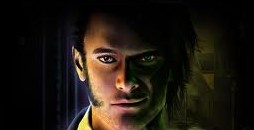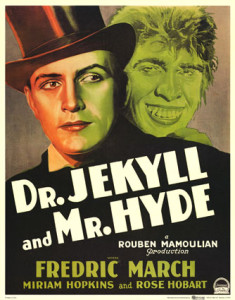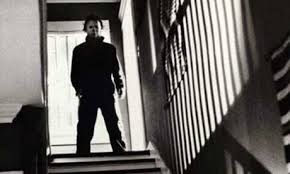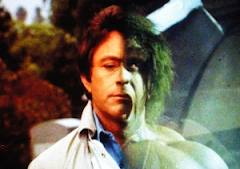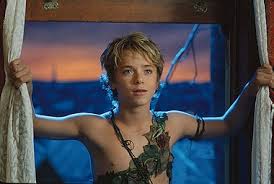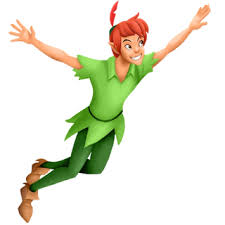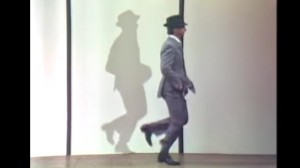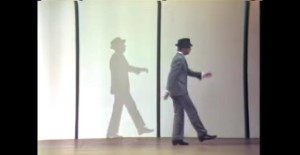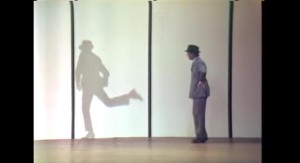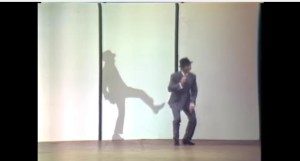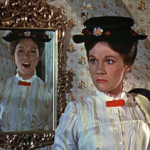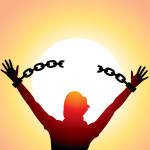The Shadow in Psychology:
Carl Jung, one of the pioneers of psychology, stated that the “shadow” is the part of our psyche that we don’t want to acknowledge.
More than ignoring this part of the mind, we may actively reject it, fear it or deny that it is even there. In fact, we often project our own perceived shadowy defects onto the other people in our lives.
Many of us see our “shadow” as the repository for all our faults, foibles, weaknesses, sins, errors, fears, mistakes and prejudices. It is the convenient Scapegoat that we try to keep hidden.
We may see the shadow as the representation of our past, as a horrible reminder of all the things that we should never have done or as an unwelcome souvenir of all the things that we should have done but didn’t do.
Our Shadow can represent everything that we want to forget. But paradoxically, we are simultaneously both attracted to and repelled by the idea of our dark side. Indeed some people seem to have a love-hate relationship with their Shadow.
The Shadow in Folklore
In popular culture and imagination, we have created many Shadow type characters that do all the things we say we wouldn’t dare to do.
The bogeyman or boogeyman is a vague imaginary evil creature that some parents use to try and frighten their children into good behaviour. “The bogeyman will get you!” or “If you don’t behave, the bogeyman will take you away!”
Like a shadow, the boogeyman doesn’t have a specific appearance. The power in the boogeyman myth is that you don’t exactly know what it looks like – it is the fear of the unknown that terrifies.
There is also the curious phenomenon of Shadow Beings. They are variously described as faceless entities or interdimensional creatures that lurk about in your peripheral vision, dance around on walls and sometimes attack, jump upon or choke hapless human beings.
But our Shadow Self is the ultimate boogeyman. It is created by Fear, it thrives on Fear and it dwells within.
The Shadow in Literature
Jung and other psychologists believed that if the Shadow Self was not acknowledged, it would find a way of making its presence known.
Jung said, “Everyone carries a Shadow, and the less it is embodied in the individual’s conscious life, the…denser it is….it forms an unconscious snag, thwarting our most well-meant intentions.”
One of the most famous stories about an individual’s dark side taking on a life of its own is the novella “The Strange Case of Dr Jekyll and Mr Hyde” by Robert Louis Stevenson.
Nice guy/hypocrite Dr Henry Jekyll gets himself into a pickle when he becomes possessed by his alter ego, the wicked murderer Edward Hyde.
Jekyll’s transformations into Hyde are intentional at first so that he can get away with indulging in misbehaviour without fear of detection.
It is when we are asleep that our unconscious takes over. Jekyll begins to change involuntarily into Mr Hyde while he is asleep. And all hell breaks loose.
When author Robert Louis Stevenson was literally dreaming up this story, his wife woke him because he was shouting in his sleep. He apparently said angrily, “Why did you wake me? I was dreaming a fine bogey tale!”
The Shadow in the Movies
Murderer Michael Myers in the Halloween movies is another archetypal boogeyman shadow type figure. He is referred to as “The Shape” in the closing credits and sometimes in the script.
The question, “Why is Michael Myers called “The Shape?” was posed on an internet forum. And somebody replied: “I would guess it is because he isn’t really a human anymore. He is so devoid of feeling that he is just a shadow, or “shape” of a human.”
This reminds me of the famous “Antigonish” poem:
As I was going up the stair
I saw a man that wasn’t there
He wasn’t there again today
I wish that man would go away
Another great shadow type archetype is seen in the Hulk adaptations based on the comic book figure and most notably, in the TV series, the Incredible Hulk where like Dr Henry Jekyll, Dr David Banner ill-advisedly dabbles with chemicals that affect his DNA. The result being that he ends up turning into a great big green monster every time he loses his temper.
Although the first rule of Fight Club is “nobody ever talks about Fight Club”, I would just like to briefly mention it here as another brilliant example of a Jekyll and Hyde type scenario – with the exception being that the shadow figure in this case represents everything that the protagonist wished he could be and actually sort of is – even though he doesn’t consciously know it.
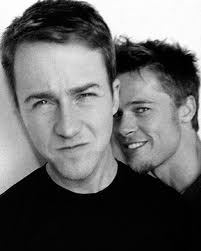
Another Edward Norton movie in a similar vein is Primal Fear where a supposedly nice altar boy called Aaron, with a stammer and a suspected dissociative personality disorder kills a priest.
In this case, The Shadow – Roy – is the real personality and the good boy, Aaron, is the illusion.
Dancing with your Shadow
Peter Pan was meant to be a Demon Boy that stole children from their beds. But popular sentiment turned him into an innocent fairy type sprite child that never grows up.
Thus Peter has a double image in the collective unconscious – the innocent one perceived of by the public and the darker version that was conceived in the author’s imagination.
Peter Pan famously gets separated from his shadow when Nana the dog jumps up at him. Peter then escapes through the nursery window without his shadow which ends up in the dog’s mouth.
Mrs Darling subsequently rolls up the shadow and puts it in a drawer (?!?) – as you do.
Peter Pan is desperate to be reunited with his shadow. He is not afraid of the dark. He is afraid of the light.
Jung says that, “One does not become enlightened by imagining figures of light, but by making the darkness conscious.”
When we accept our weaknesses, foibles, mistakes and general bad points, we don’t have to hide, we learn to accept ourselves as we are, transform what we don’t like and even learn to laugh at ourselves.
When we integrate our good side with our bad side, we become balanced and whole. We metaphorically dance with our own shadow instead of fearing the monster within.
SAM PUNCH is the author of Manifestation Psychology and the new ebook Vocation, Vocation, Vocation!
